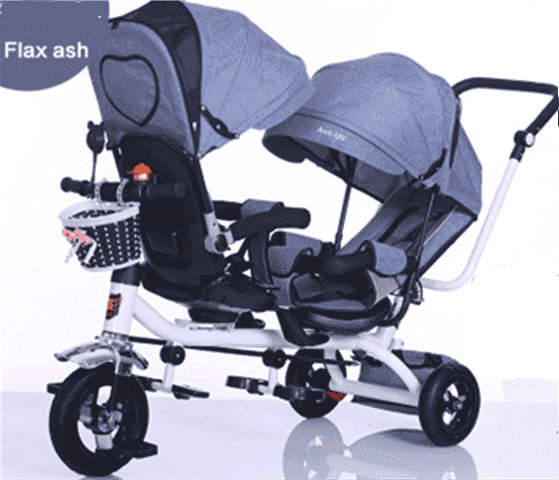10 月 . 13, 2024 16:06 Back to list
baby skateboard factories
The Rising Trend of Baby Skateboard Factories
In recent years, the skateboarding industry has witnessed a fascinating evolution, characterized by the emergence of specialized products catering to younger enthusiasts, particularly babies and toddlers. Baby skateboard factories are becoming an intriguing niche in the market, reflecting a growing trend toward introducing skate culture at an early age. This phenomenon raises several questions about safety, design, cultural impact, and the future of skateboarding as an inclusive sport.
Safety First Crafting Baby-Friendly Designs
The first and foremost consideration in creating skateboards for babies is safety. Traditional skateboards are designed for older children and adults who have developed motor skills and a sense of balance. In contrast, baby skateboards must be tailored to accommodate the unique needs of infants and toddlers. This includes using softer materials, rounded edges, and non-slip surfaces to prevent falls and injuries. Many baby skateboard factories employ pediatricians and child development experts in their design processes to ensure that their products are safe for young users.
Additionally, these skateboards often come with safety harnesses or attachments that allow caregivers to have better control while their little ones learn to balance or push around. The factories innovate continuously, focusing on lightweight designs that support the child’s early exploration without overwhelming them. The aim is to foster a positive experience that encourages confidence and physical activity.
Encouraging Outdoor Activity from an Early Age
The rise of baby skateboard factories aligns with a broader societal shift toward promoting outdoor play and active lifestyles for children. In an age dominated by screen time and indoor activities, parents are increasingly seeking ways to engage their kids in healthy, physical pursuits. Skateboarding, with its dynamic movement and social aspects, provides an excellent way to accomplish this.
Baby skateboards allow children to engage in physical activity while also being a part of a larger community. Parents who are avid skateboarders often wish to pass this passion on to their children. The sight of toddlers riding mini skateboards alongside their parents on skateparks is becoming a more common and heartwarming image, reinforcing bonds through shared interests.
The Cultural Impact of Early Skateboarding
baby skateboard factories

Skateboarding has long been seen as a rebellious and creative sport, and introducing it to babies recontextualizes this culture. It encourages inclusivity and challenges traditional notions of what age groups should be involved in this sport. The culture around skateboarding is rich with artistic expression, and the design aesthetics of baby skateboards can reflect this.
Many factories collaborate with artists and designers to create visually appealing products that resonate with parents and children alike. Colorful graphics, fun shapes, and customizable options attract a demographic that values both safety and style. More than just a toy, these boards become part of the family's identity and can foster a lifelong love for the sport.
Sustainability and Ethical Manufacturing
As with any industry, the rise of baby skateboard factories brings attention to sustainability and ethical manufacturing practices. Parents are increasingly aware of the environmental impact of the products they choose for their children. Many baby skateboard producers are responding to this demand by using eco-friendly materials and sustainable production techniques.
These factories aim to reduce plastic waste by opting for biodegradable or recycled materials. Further, many skateboards are designed to be durable, ensuring they can be passed down between siblings or friends. This emphasis on sustainability reinforces a positive message to children about caring for the planet while engaging in a fun activity.
The Future of Baby Skateboarding
The landscape of baby skateboard factories is still evolving, but the potential for growth is significant. As more parents embrace the idea of introducing their children to skateboarding culture from an early age, demand for these products is likely to increase. Emerging companies are already looking for innovative ways to combine safety, style, and sustainability, ensuring that the future of skating welcomes the tiniest riders.
In conclusion, baby skateboard factories symbolize not just a trend, but a shift in embracing physical activity, family bonding, and cultural inclusiveness from a young age. With a focus on safety and sustainability, these factories are paving the way for the next generation of skateboarders, fostering a love for a sport that continues to inspire creativity, community, and joy.
-
Children Tricycle Factory Custom Designs & Safety Certified
NewsMay.30,2025
-
Best Scooters for Teens Top-Rated, Safe & Durable Rides for 2023
NewsMay.30,2025
-
Affordable Mini & Baby Bicycle Prices Best Deals & Discounts
NewsMay.29,2025
-
20-Inch Kids Tricycle Adjustable Seat, Safe & Durable Design
NewsMay.29,2025
-
20 Inch Kids Bikes Lightweight, Adjustable & Durable Designs
NewsMay.29,2025
-
Magnesium disc Bicycle wholesale children bicycle wholesale children mountain balance bicycle
NewsMar.07,2025
